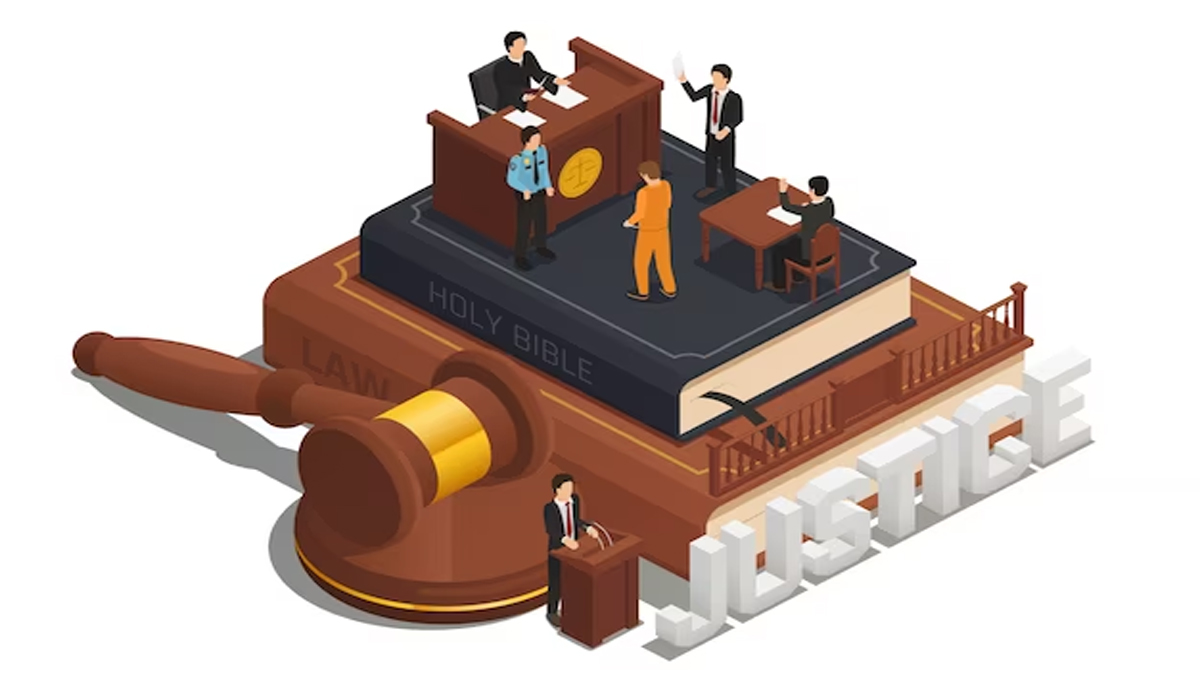Article 32 of the Constitution of India grants the Supreme Court of India the power of judicial review. This power is a fundamental feature of the Indian Constitution and plays a vital role in upholding the rule of law, protecting fundamental rights, and ensuring the balance of power among the different branches of the government.
The power of judicial review allows the Supreme Court to review the constitutionality of laws, executive actions, and government decisions. It empowers the Court to strike down any law or action that is found to be inconsistent with the provisions of the Constitution. This ensures that the government operates within the limits set by the Constitution and does not infringe upon the rights of individuals and citizens.
Key features and aspects of Article 32 and the power of judicial review by the Supreme Court of India:
- Fundamental Rights Protection:
Article 32 is often referred to as the “heart and soul” of the Indian Constitution because it provides a direct and effective mechanism for individuals to seek redressal for violations of their fundamental rights. Citizens can approach the Supreme Court directly if they believe their rights are being violated, making the Court a guardian of the Constitution and a protector of individual rights. - Writ Jurisdiction:
The Supreme Court has the authority to issue writs, which are legal orders, to ensure that justice is done. The most common types of writs include habeas corpus (protecting against illegal detention), mandamus (compelling a public official to perform a duty), certiorari (quashing an order), prohibition (preventing an authority from taking a certain action), and quo warranto (challenging the authority of a person holding a public office). - Wide Scope:
The power of judicial review is not limited to reviewing legislative actions. It extends to the executive and administrative actions of both the central and state governments. This ensures that all branches of government adhere to the principles of the Constitution. - Guardian of the Constitution:
The Supreme Court’s power of judicial review acts as a check on potential abuse of power by the government. It ensures that laws and actions are consistent with the constitutional values and principles. - Enforcement Mechanism:
Article 32 empowers the Supreme Court to issue directions, orders, or writs for the enforcement of fundamental rights. This allows the Court to take a proactive role in ensuring that citizens’ rights are protected. - Public Interest Litigation (PIL):
Article 32 has been interpreted broadly to allow not only individuals but also public-spirited persons or organizations to approach the Court on behalf of marginalized or vulnerable groups. This has led to the development of Public Interest Litigation, which has been instrumental in addressing various social and environmental issues.
In summary, Article 32 of the Indian Constitution bestows upon the Supreme Court an essential power of judicial review. This power enables the Court to uphold the supremacy of the Constitution, protect fundamental rights, and maintain a system of checks and balances in the functioning of the government.
